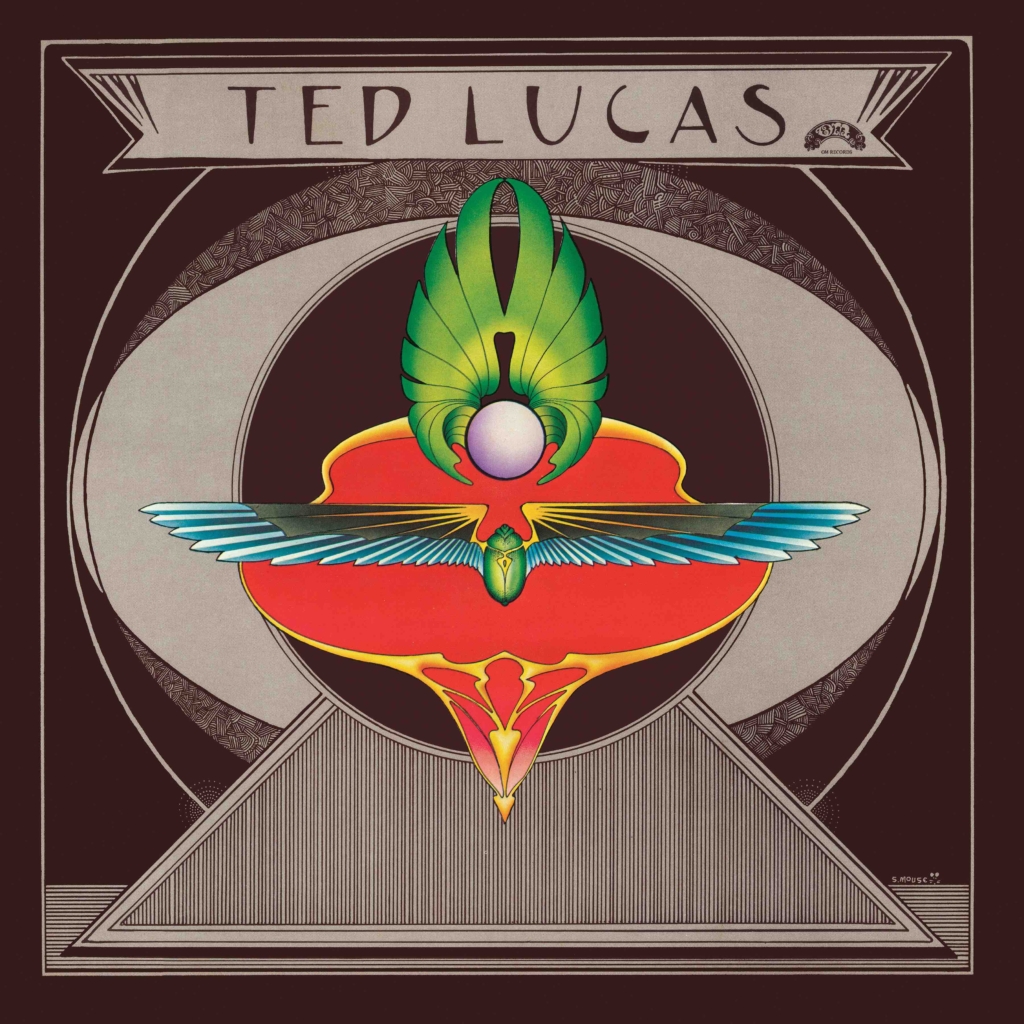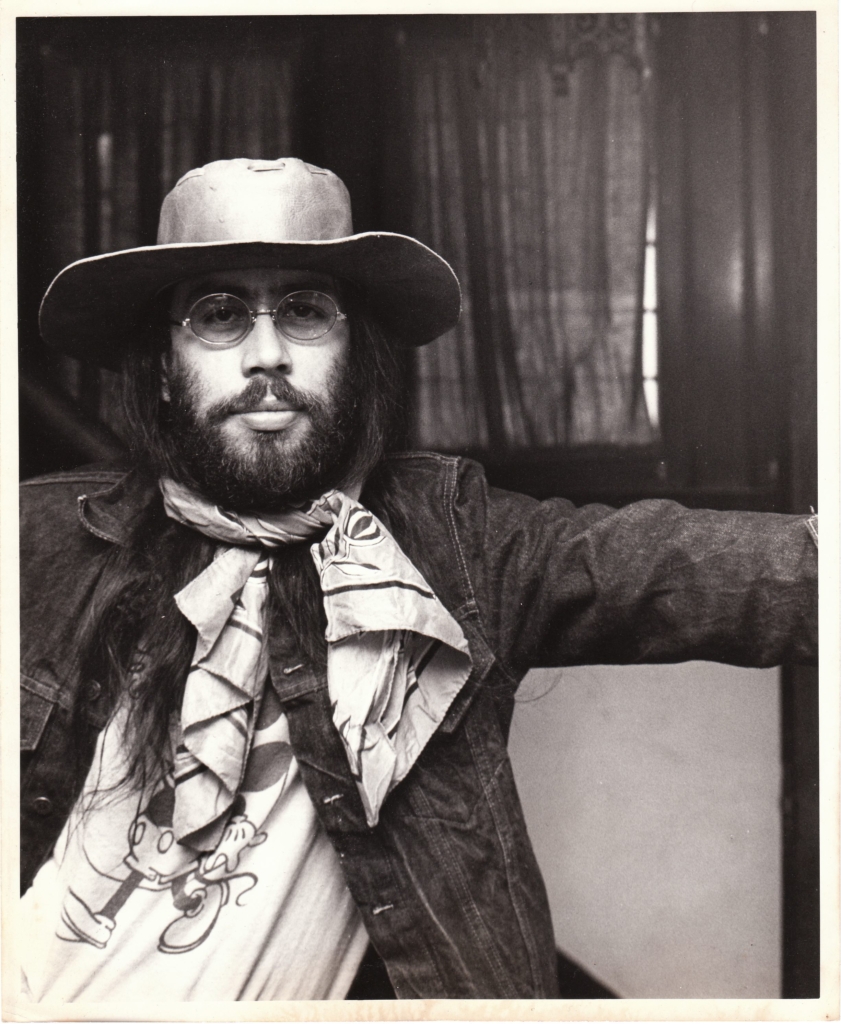Ted Lucas
Ted Lucas (Third Man Records)
Contact Jacob Daneman about Ted Lucas
Third Man Records is thrilled to announce the reissue of Ted Lucas’ 1975 cult classic self-titled album Ted Lucas (commonly referred to as OM, after Lucas’ own record label that originally issued the album), and to share the never-before-released non-album song and video for “Nobody Loves Me Like My Baby Does.” The reissue of OM is only the first salvo in Third Man’s crusade to right the generational wrong of Lucas’s anonymity. Over the coming months and years, Third Man Records will release a wealth of never-before-released material, generously provided to the label by the Lucas family. The digital release of OM will be accompanied by four previously-unreleased songs.
Lucas was a prominent figure in the Detroit music and counterculture scenes of the 1960s and ’70s. Known as an eccentric beatnik, prodigious guitarist, and trained sitarist under Ravi Shankar, those who witnessed Lucas at this time recall him as the most talented guitarist and songwriter to never make it out— an artist who should have been as revered as Joni Mitchell or John Fahey. Instead, his was the classic story of a prodigious, struggling genius out of step with the world around him. Even so, Ted Lucas managed to craft one masterpiece album in 1975 that, sadly, very few ever heard in his lifetime.
OM had long been celebrated and sought after in record collector circles. In recent years, a broader audience has found and connected to the album when the digital age made the old new and delivered us access to almost everything. Ted’s music has been covered by a diverse and impressive list of artists from Father John Misty to the Blind Boys of Alabama. Songs from the album have appeared in films and television, and thanks to the Lucas family’s dedication to preserving Ted’s legacy, his music is finally back in print through a partnership with Third Man Records.
OM is an album that almost wasn’t. By the end of the 1960s, Ted Lucas already had two swings at success in the music biz; first with his psych-folk group the Spike-Drivers, and then again with its offshoot, the Misty Wizards. In an eight-month span between 1966 and ’67, the two bands released three singles through Warner Brothers imprint Reprise, none of which made any meaningful impact on audiences or critics. Both bands were dropped from the label by 1968. Though Warner had ultimately lost money on Ted’s bands in the years prior, label president Mo Ostin had noted his talent. In 1971, Warner Bros. requested a demo tape of Ted’s solo work. This was Ted’s biggest break in years. He obsessed over it and before long, more than a year had passed. He finally completed the demo in 1972. It was rejected.
Disillusioned, Ted resolved to self-release a solo album built around the six songs featured on the rejected demo. Ted Lucas was finally released in 1975. One side showcases introspective folk songs that explore universal themes of love, pain, hope, and heartbreak with a subtlety and depth that reward multiple listens. The arrangements are tasteful and understated, built around simple guitar and ethereal, layered vocal harmonies. The second side consists of three sprawling guitar pieces that provide a striking contrast to the discreet folk songs on side one. The album captures both Ted’s brilliance as a singer-songwriter, and his superpower to be just as moving with only a guitar. For as exceptional as it is, OM never found an audience while Ted was alive. Much of the original pressing remained in boxes until Ted’s death in 1992. The failure of his album was a disappointment he never fully recovered from. Lucas knew his work was important. He knew it would outlive him. He just never understood why it didn’t connect in its time. This album captures a portrait of the man Ted aspired to be and the world he longed to take part in.

